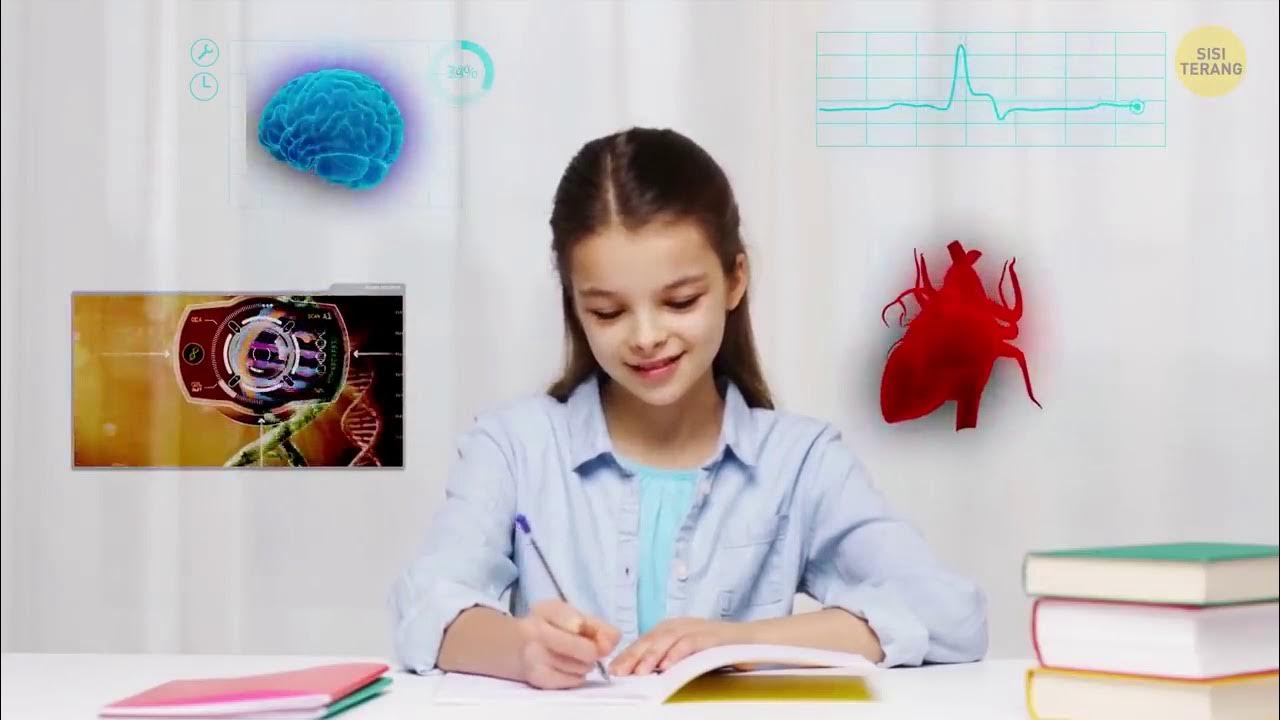Will Robots Replace Human Workforce - Robotic Revolution Explained
Summary
TLDRThe script explores the rapid advancements in robotic technology, emphasizing that robots, while intelligent, won't replace humans in the workforce. Instead, automation will reshape jobs, creating new roles where humans supervise robots. Robots lack creativity, emotional understanding, and the ability to handle complex human relationships. Although they excel in repetitive tasks, humans remain essential for problem-solving and creative endeavors. The script concludes that robots are tools designed to assist humans, not to replace them, particularly in areas requiring human interaction, like customer service.
Takeaways
- 🤖 Robotic technology has advanced significantly over the past two decades.
- ✨ Robots are seen as one of the most impressive creations of mankind.
- 🧑🔬 Scientists and experts aim to make robots more interactive and assistive.
- 😨 Some people fear a dystopian future dominated by robots.
- ⚙️ Automation will remodel jobs, with robots handling certain tasks and creating new roles for humans.
- 🛠️ Robots require human supervision for customization and problem-solving.
- 🗣️ Robots lack understanding of cultural norms, slang, and context in communication.
- 👩💼 Customer service roles, especially those needing emotional support, still require human interaction.
- 🔄 Robots are good at repetitive tasks, but they lack creativity and problem-solving abilities.
- 🤝 Humans and robots will work together, but robots won’t completely replace human jobs.
Q & A
What has been the trend in robotic technology over the past two decades?
-Robotic technology has developed in leaps and bounds over the past two decades, with significant advancements in intelligence, interactivity, and assistive capabilities.
Why do some people fear a dystopian future involving robots?
-Some people fear a dystopian future because they worry that robots could dominate society, possibly leading to a scenario where robots replace humans in many roles.
Will robots completely replace humans in the workforce?
-No, robots are not going to replace humans. While automation will remodel jobs, there will still be roles for humans, particularly those requiring supervision, creativity, and emotional intelligence.
How might automation affect the job market?
-Automation will bring significant changes to the job market by handling repetitive tasks. However, it will also create new jobs in different categories where humans will oversee robots or handle tasks requiring human qualities.
Why is human involvement still important in customer care services?
-Human involvement is crucial in customer care services because robots lack the ability to understand cultural norms, slang, emotional nuances, and the complexities of human relationships. Customers often prefer interacting with a human for personalized support.
What are some limitations of robots in understanding human communication?
-Robots are programmed to understand specific languages in a structured way and struggle with understanding context, irrational thoughts, or emotional support. They are limited in handling conversations beyond predefined responses.
Why is creativity considered a human trait and not a robotic one?
-Creativity is considered a human trait because humans can come up with new ideas and solve problems with flexible, adaptive approaches. Robots, on the other hand, follow pre-set instructions and cannot think creatively or handle unexpected situations effectively.
What types of jobs are most suitable for robots?
-Robots are most suitable for jobs that are dull, repetitive, and involve strict automation, such as driving cars, house cleaning, and controlling traffic.
Can robots handle complex human relationships?
-No, robots cannot handle complex human relationships. They operate based on Boolean logic and cannot grasp the emotional and social intricacies of human interactions.
Will robots have full control over workplaces in the future?
-No, robots will not have full control over workplaces. They are tools created by humans to assist with specific tasks, but they do not have the capability to completely replace the human workforce.
Outlines

This section is available to paid users only. Please upgrade to access this part.
Upgrade NowMindmap

This section is available to paid users only. Please upgrade to access this part.
Upgrade NowKeywords

This section is available to paid users only. Please upgrade to access this part.
Upgrade NowHighlights

This section is available to paid users only. Please upgrade to access this part.
Upgrade NowTranscripts

This section is available to paid users only. Please upgrade to access this part.
Upgrade NowBrowse More Related Video

ISR Future Ready

Humans Need Not Apply

Tren Robot as a Service. Kiamat Pekerja, Masa Depan Perusahaan.

Lansia di Jerman Dirawat Garmi, Robot Paling Cerdas Hasil Inovasi Peneliti Jerman | DW Inovator

Apa Yang Akan Terjadi Pada Kita Sebelum 2025

What Happens When Robots Don’t Need Us Anymore? | Posthuman With Emily Chang
5.0 / 5 (0 votes)